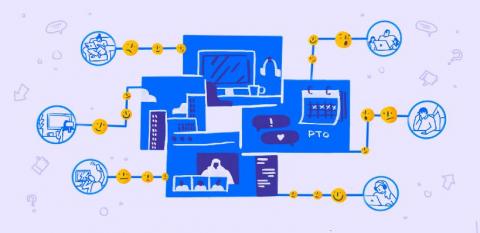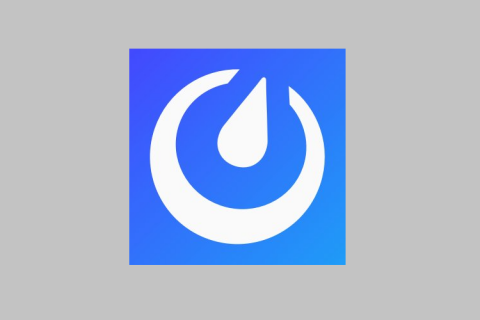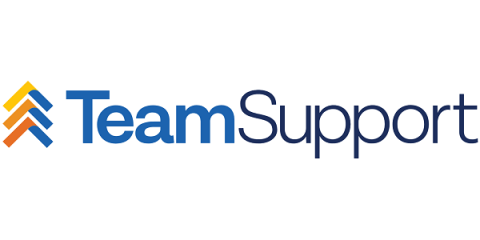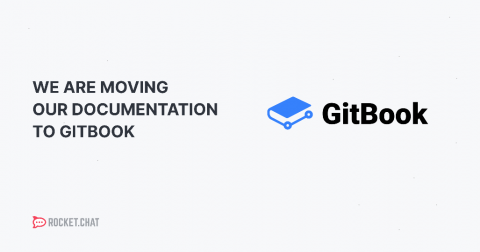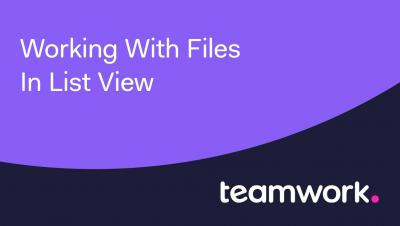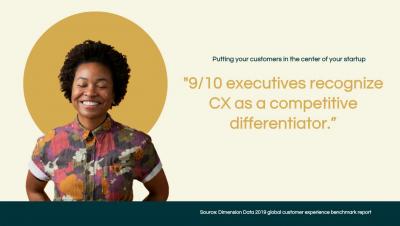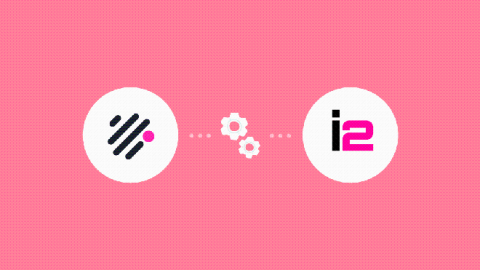Teams | Collaboration | Customer Service | Project Management
%term
How responsive is your crisis response strategy?
As a native New Yorker, I almost get the feeling I’ve seen this movie before. I saw 9/11 up close. I experienced the 2008 financial crash from inside Goldman Sachs. I’ve been through bomb threats, water main ruptures, and a hundred other predicaments too banal to remember distinctly. But even having worked and lead teams through all that, I still find the COVID-19 crisis challenging to navigate.
5 of the best knowledge management examples
Studies of customer feedback already tell us that the majority of customers prefer to solve their problems on their own over contacting a support agent. It makes sense—self-service puts the customer in the driver’s seat, empowering them to be autonomous and find the right answers with speed. But self-service is also better for businesses. It enables them to do more with less and frees their support teams’ time up for higher-stakes issues that require a human touch.
Building confidence and gaining experience with good open source projects
This year, I got a unique opportunity to call in at Mattercon 2020 and give a talk about my experience working on Mattermost and open source software (OSS) in general. I talked about how OSS helped me grow as a self-taught developer and how working on issues from Mattermost’s repos helped me gain experience and confidence in software development. In this article, I will highlight some of the things I talked about and also throw in a few pointers related to working on OSS.
Stop Fighting Fires: How to Prioritize When Everything is High Priority
One of the most common frustrations we hear from team leaders who don’t have robust project management practices in place is a feeling of constant firefighting, leaving them unable to complete projects on time or within budget. In fact, in a recent PWC poll, only 2.5% of companies successfully completed all of their projects. Firefighting is a natural human response to a chaotic workload as a means of “getting more done”.
Part 2: B2B Customer Support: Cost Center or Profit Center?
Did you miss Part 1 of this series? It was quite a show! Luckily, you can still go back and read it! We’re looking at different B2B customer support channels from two distinctly opposite perspectives: cost center (support is a necessary evil of business) and profit center (support can hold its own in the revenue generation conversation). In Part 2 we are looking at two of the most modern support channels, self-service and visual support. And we’ve got a bonus at the end!
Rocket.Chat Is Moving Its Documentation To Gitbook
After careful consideration, Rocket.Chat is officially moving its documentation to GitBook. With this change, we expect to improve the rate of which we develop, fix, and maintain documentation by making sure everyone on the team can edit it easily. Previously, we used Jekyll for documentation purposes. However, as time passed, we faced more and more issues with Jekyll. Therefore, we’ve decided to move to Gitbook which provides a more user-friendly and collaborative product for everyone.
Teamwork - Working With Files In List View
How Fintech startup Novo is using CX to disrupt a traditional industry
Easily import your data into Teamwork CRM with our new Import2 integration
Importing your existing data into Teamwork CRM is now easier than ever with our new Import2 integration. Import2 is an intuitive import tool that enables Teamwork CRM customers to easily move data into Teamwork CRM from other CRM applications or CSV files.



